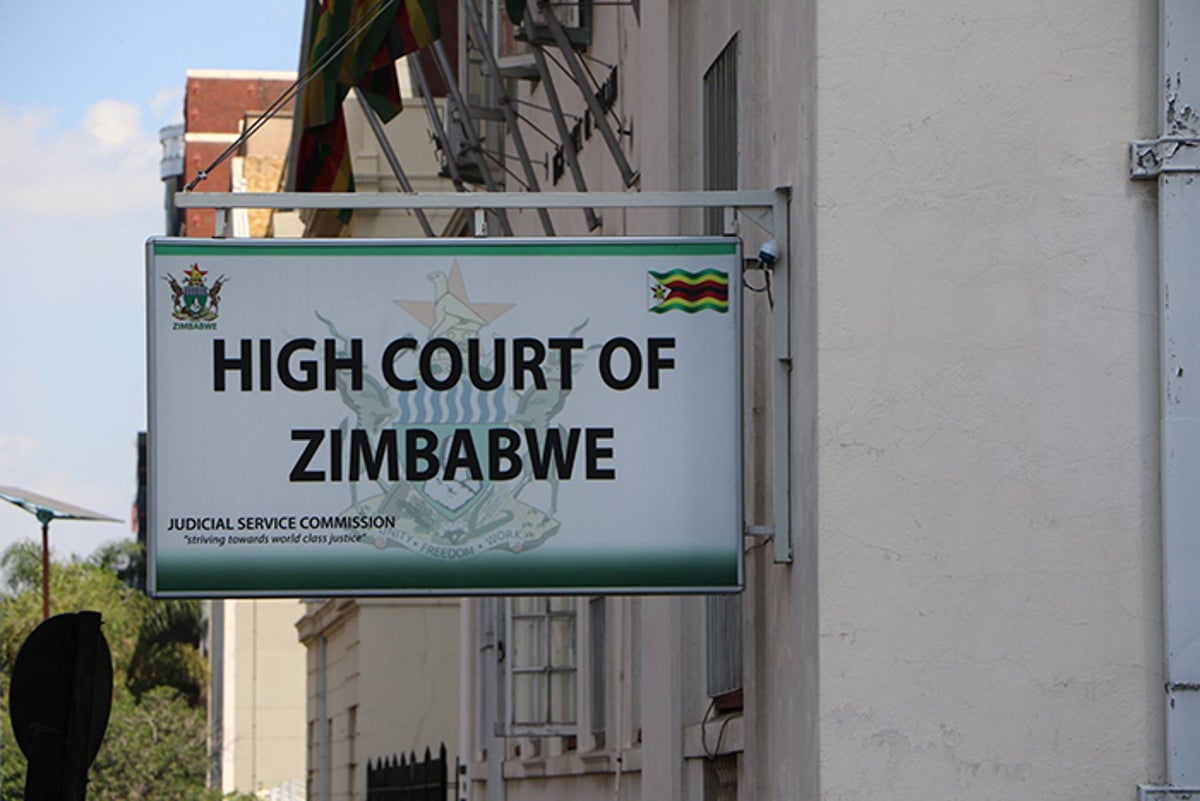THE High Court has dismissed with costs an application from Masstow Investments (Private) Limited seeking authority to evict one of the directors Thomas Masango from a company property to make way for a school.
The property is situated along Domboshawa Road in Harare.
Masstow Investments had sought an order to have Masango and all those claiming occupation through him to be evicted from the property within five days.
In the event that Masango and other occupants who are cited as respondents do not leave the property, the company wanted the Sheriff of the High Court authorised to evict them.
In the application, the company submitted that it is leasing out the property to Philadelphia Mission in Africa Trust.
The school is alleged to have grown and now requires more space and wants to use the whole property.
The company claimed that Masango had no right of occupation as he did not have the authority of the lessee thus he was unlawful occupation through his agents.
The company further alleged that Masango ceased to be a director after he was relieved of his position on allegations of not serving the interests of the firm.
However, Masango vehemently denied the allegations, insisting that he was a co-director and shareholder of the company, which they bought on the shelf in 2009 with one Tendai Jemwa before buying the property the following year.
Upon purchase of the property, Masango and Jemwa allegedly created eight clusters which they shared equally between them through a memorandum of understanding.
There was, however, the appointment of one Oswald Zhakata in 2018 allegedly without the notice and involvement of the shareholders which led to dispute.
Masango further argued that the purported forced resignation letter cannot be resolved on papers and that he cannot be evicted from the four stands because there was a memorandum of agreement to that effect.
High Court judge, Justice Never Katiyo ruled that the matter had many disputed facts which required it to go for trial.
“The applicant knows that there is no application because the resolution is defective as in one way it purports that it was a board resolution of the board of directors, purporting to be an extract from the meeting of the EGM.
“This is so because it speaks of directors and shareholders. The appointment of Zhakata without the involvement of respondent…the former shareholders also makes the application defective as the deponent of the founding affidavit lacks authority to represent the applicant. The applicant in his answering affidavit insists there is no material dispute of facts in this matter and sticks to his averment as in the founding affidavit,” read the judgement.
“There is always a danger of rushing to dispose of a matter on papers which otherwise would have been appropriately referred for trial. There’s no harm if a matter which could have otherwise been dealt with is referred for trial to exhaust the disputed issues.
“The case is full of disputed facts as stated above and there is no doubt that the circumstances of this matter are such that they need full interrogation. The issue to do with directors is hotly disputed. The parties are not all in agreement on any of the material issues as discussed above. There are quite a number of disputed issues which cannot be resolved on paper. This was not supposed to be launched as an application as doing so will not resolve the dispute between the parties.
“In conclusion I am persuaded by the first respondent that this matter cannot be resolved on papers without the need to hear oral evidence. The points in limine (as a preliminary matter) as raised are in order and ought to succeed. This matter cannot go further than the points in limine. The applicant has taken the wrong route. He was supposed to proceed by way of action.”






